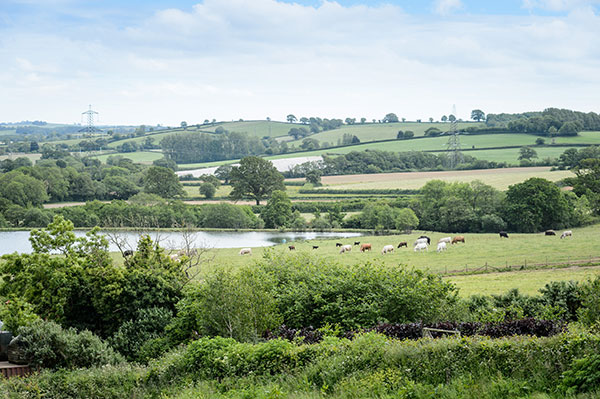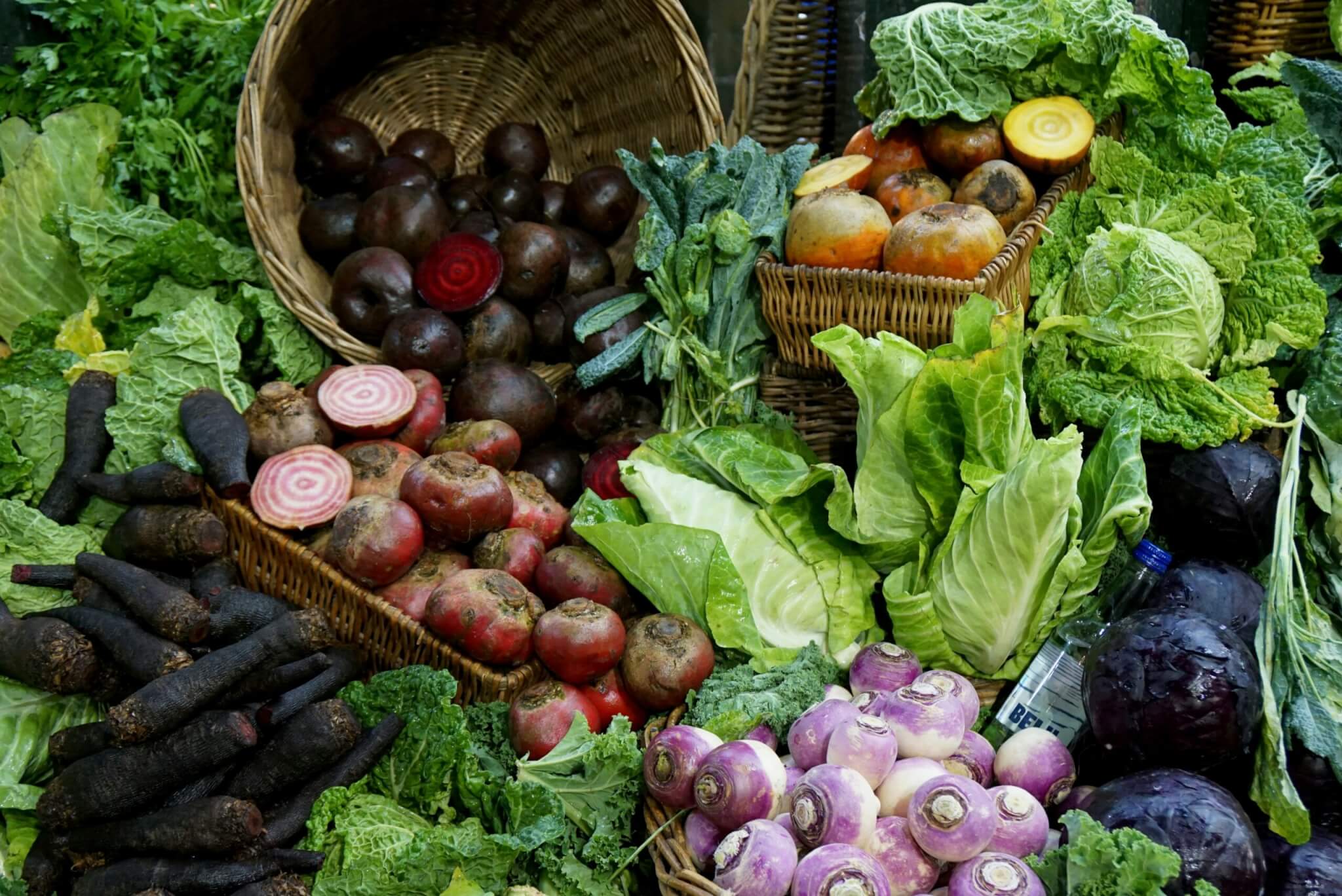The amount of UK land that is in conversion to organic farming has fallen by 15 per cent in the first decline since 2014, new figures have shown.
Land in conversion to organic is used as a measure of growth in the sector, as it indicates the future amount of domestic organic production.
The total amount of land farmed organically in the UK rose by 2.4 per cent to 485 thousand hectares during 2019, a figure which combines both fully organic land and land that is in conversion.
Fully organic land rose by enough (+3.6 per cent) to offset declines of land in-conversion but it appears as an outlier in a long-term decline.
The previous year, the total land farmed organically fell by 8.4 per cent, and there has been a reduction of 34 per cent since a peak in 2008. Organic farming accounts for 2.7 per cent of the UK’s agricultural land.
Released every year by the government’s environment, food and rural affairs department (Defra), the data is collected from the UK’s organic certifiers, such as the Soil Association and Organic Farmers and Growers (OFG).

Not all certifiers saw a decrease of land in conversion. The Soil Association, the UK’s largest organic certifier, said it had seen a 14 per cent increase in farmers converting to organic, and business development director, Clare McDermott, told Wicked Leeks the organisation was “surprised” by the Defra figures.
“We realise there is no one size fits all and that some farms do come out of organic, and in 2018 there were some large areas of upland grazing land taken out of organic, which contributed to the drop,” she said.
“The decline in overall land in conversion to organic was surprising as we saw a 14 per cent increase in 2019 for Soil Association Certification licensees undergoing organic conversion.
“We expect that the overall decline coupled with the increase in organic farm land may be, in part, due to those farms who were previously in conversion now falling under the fully organic category.”
McDermott also said that farmers have been facing a high degree of uncertainty over post-Brexit farm subsidies and trade deals, which is likely to have impacted some business decisions.
She also pointed to the growing sales of organic food as a sign that farmers should be confident in converting. “More and more people are looking for organic products when they shop, leading to the eighth consecutive year of sales growth in the UK’s organic market in 2019,” she said.
“Converting to organic can be a big business decision that takes time to implement, but with high demand for UK organic in both the shops and on farm, there is confidence in the market.”
Certified organic food comes only from fully converted land, a process which takes a minimum of two years.
The news comes alongside an announcement of a new unified campaign for Organic September, the annual month-long promotion of the organic sector.
This year, the organic food sector will join the textiles, beauty and wellbeing industries to promote the benefits of organic to those wishing to reduce their impact on the world, hoping to capitalise on the opportunity for a sustainable transition after the coronavirus crisis.












This lack of conversion process is visible in the US as well, and the reasons seem to be twofold. First, though “organic” was seen to be healthier from the consumer perspective, people now realize that the organic certification in the US, in its narrow sense, has little bearing on soil health, and that without real soil health, the food grown on that soil may be no better than commercially produced food – yet it costs more. Secondarily, the USDA Organic certification process is on its way to being hollowed out by large producers bending the rules to their commercial benefit.
Between the two of these, the educated consumer is left wondering if the sometimes 50% increase in price is actually worth anything. The dirt farmer feels that pressure as well. When produce that is raised indoors and never touches soil can be sold as “organic”, the farmer, out in all seasons under all conditions, can come to wonder if the organic certification is worth it.
You say that ‘organic certification in the US has little bearing on soil health’. This is very disappointing.
I’m assuming that in the UK organic farming certified by the Soil Association will lead to soil improvement. Otherwise, what is the point?
It is very scary to think that the organic movement is being highjacked by the big conventional growers. It is probably happening here as well.Their huge poisoned field systems with degraded soils are also ripe for dessication as the planet hots up.It is a pity that the Duchy of Cornwall’s owner does not spend cash to convert all his farms under the Duchy to organic, That would be a step in the right direction, and improve his credentials as someone truly commited to the movement.
Jenny, you can take heart that the message is getting out, albeit against a tough and organized cartel of chemical companies.. Farmers are learning it is actually less expensive in the long run to husband their soil. They may not be going for an organic certification, but they are learning to tend the land and to feed the critters therein. The reason for no-till practices are slowly being understood as allowing the proper fungi to proliferate, which in turn helps the plants. Even strict veggie farmers are realizing that they have vast herds of manure producing critters right under their feet, and all they need to do is feed them.
Living in the US state of Virginia, I would rather take the positive side of Churchill’s quote that “You can always count on Americans to do the right thing – after they’ve tried everything else”. We’ve tried chemical farming for 70 years, failing our own health and the land’s capability to support it. We are beginning to see that regenerative practices are showing us the only way forward. Rodale Institute, Acres Magazine, farmers’ conferences, and the internet are allowing many to understand this. I have hope we as a species will learn in time to change our practices to truly benefit the health of our nations. I have hope. This, and my own garden, carry me forward.
rogerw05465 Thankyou – that message of hope is really what we need right now, as a focus for our collective efforts going forward in creating a healthier, fairer system with agroecology at its heart.